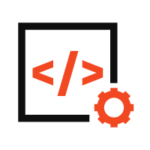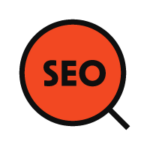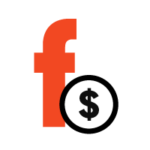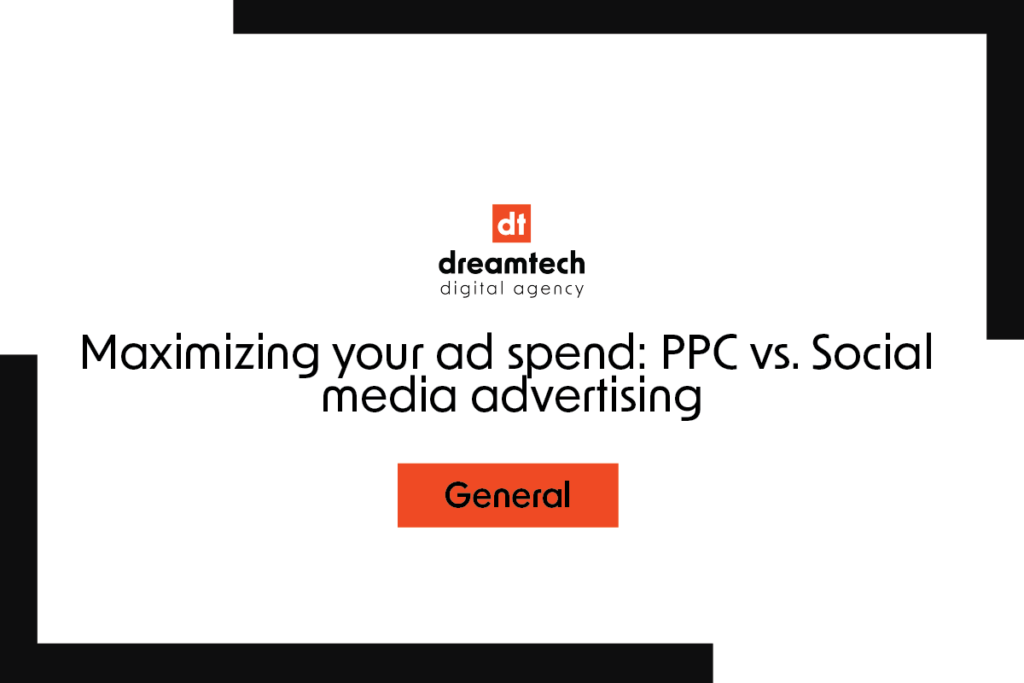As digital marketing continues to grow, it’s essential to choose the right advertising platform for your business. There are many options available, but PPC (Pay-Per-Click) and social media advertising are two of the most popular. However, choosing between the two can be a daunting task.
This blog post will compare and contrast the advantages and disadvantages of PPC and social media advertising, providing data-driven analysis and case studies to help you make an informed decision.
Ad Spend refers to the amount of money a business invests in advertising campaigns. Choosing the right advertising platform can make a significant impact on the success of your ad campaign. For example, if you are a business looking to target a younger demographic, social media advertising may be the way to go. However, if you are targeting people who are searching for specific keywords, PPC advertising may be more effective.
In this article, we will discuss the advantages and disadvantages of PPC and social media advertising, the factors affecting their success, and the differences between them.

PPC Advertising
PPC advertising is a form of advertising where businesses pay a fee every time someone clicks on their ads. The most popular PPC platform is Google Ads, and it works by bidding on specific keywords related to your business.
Advantages of PPC Advertising
- Immediate results: As soon as your ad is approved, it starts appearing on search results.
- Targeted audience: You can target specific keywords that are relevant to your business.
- Control over ad spend: You can set a daily budget and only pay when someone clicks on your ad.
- Measurable results: You can track the number of clicks, conversions, and other metrics to optimize your campaign.
Disadvantages of PPC Advertising
- Cost: It can be expensive to bid on popular keywords.
- Competition: Bidding on popular keywords can also mean a lot of competition, making it challenging to get your ad to the top.
- Click Fraud: Some users intentionally click on ads to cost the advertiser money without the intention of buying a product or service.
- Requires constant optimization: PPC campaigns need to be continually optimized to ensure they remain effective.
Case Studies
Coca-Cola
Coca-Cola is a global brand that has been around for over 125 years. In 2018, they launched a PPC campaign to increase brand awareness and engagement. They used Google AdWords to target keywords related to their products and industry.
The campaign was a huge success, with a click-through rate (CTR) of 7.2%, well above the industry average. The average cost per click (CPC) was also lower than expected, at just $0.12. The campaign generated over 2 million impressions and drove a significant increase in website traffic.

Social Media Advertising
Social media advertising involves displaying ads to users on social media platforms such as Facebook, Instagram, Twitter, LinkedIn, etc. These ads can appear in the user’s feed or on the side of the page.
Advantages of Social Media Advertising
- Large audience: Social media platforms have billions of users worldwide, making it easy to reach a large audience.
- Highly targeted: Social media platforms allow you to target specific demographics based on their interests, age, location, etc.
- Engaging: Social media ads can be interactive, including videos, images, and other engaging content.
- Cost-effective: Social media ads are typically cheaper than other forms of advertising.
Disadvantages of Social Media Advertising
- Ad fatigue: Social media users may be exposed to hundreds of ads every day, leading to ad fatigue.
- Limited ad placement: Social media platforms have limited space for ads, meaning your ad may not always be seen by your target audience.
- Platform-specific: Each social media platform requires a unique approach to advertising, making it more challenging to create a unified campaign.
- Learning curve: It can take time to learn how to use social media advertising platforms effectively.
Case Studies
Nike
Nike is one of the biggest sports brands in the world, with a massive following on social media. In 2019, they launched a social media advertising campaign to promote their new line of running shoes. They used Instagram and Facebook to target users interested in running, fitness, and health.
The campaign featured high-quality images and videos of the new shoes, as well as user-generated content from athletes and influencers. The ads were highly targeted and personalized, with different versions for different audiences. The campaign generated over 5 million impressions and drove a significant increase in sales of the new running shoes.

Differences Between PPC and Social Media Advertising
When it comes to advertising, both PPC and social media advertising are powerful tools that can help businesses reach their target audience. However, there are some critical differences between the two platforms that can influence which one is best for your business. Let’s take a closer look at some of these differences:
Targeting options
PPC advertising allows specific targeting options, such as location, time of day, keywords, and demographics. Social media advertising also offers targeting options, but it is more focused on interests, behaviors, and connections. Both platforms have a variety of targeting options, but they differ in their approaches.
Ad format
PPC ads are typically text-based, although they can include images and videos. Social media ads, on the other hand, offer a variety of formats, including images, videos, carousels, and stories. Social media ads tend to be more visually appealing and engaging. It can make them more effective at catching the attention of users.
Cost
PPC advertising is generally more expensive than social media advertising, as businesses must bid on keywords to have their ads displayed. Social media advertising, on the other hand, is based on a bidding system where companies can set their budget and bid for ad placement. Social media advertising tends to be more cost-effective, especially for smaller brands with limited budgets.
Metrics
Both PPC and social media advertising offer a variety of metrics to track the success of your ads, including impressions, clicks, and conversions. However, the metrics available on each platform differ slightly. For example, PPC advertising provides more detailed data on keyword performance, while social media advertising offers more insights into user engagement and behavior.
Reach
PPC advertising can reach users who are actively searching for specific keywords, while social media advertising can reach users who may not be actively searching for your product or service but may be interested based on their behaviors and interests. Both platforms offer a wide reach, but they differ in their approaches.
Examples
Examples of PPC platforms include Google Ads and Bing Ads, while social media advertising platforms include Facebook Ads, Instagram Ads, LinkedIn Ads, and Twitter Ads. Each offers unique features and benefits, and it’s crucial to choose the right one for your business goals and target audience.

Which Advertising Method is Best for Different Business Goals and Types
Depending on your business goals and type, one advertising method may be more effective than the other. Here are some general guidelines:
Brand Awareness
Social media advertising is often the best choice for brand awareness campaigns, as it allows businesses to create visually appealing and engaging ads that can reach a wide audience.
Lead Generation
PPC advertising can be effective for lead generation campaigns, as it allows businesses to target users who are actively searching for their product or service.
E-commerce
Social media advertising is often effective for e-commerce businesses, as it allows them to showcase their products and drive traffic to their website.
B2B
PPC advertising is often the best choice for B2B businesses, as it allows them to target specific keywords and reach decision-makers within a specific industry.
Local Businesses
Social media advertising is often effective for local businesses, as it allows them to target users based on location and behavior.

Maximizing Ad Spend on PPC and Social Media Advertising
- Budget Allocation: One of the essential aspects of maximizing your ad spend is budget allocation. It is crucial to set a budget for both PPC and social media advertising and allocate it effectively. Consider your advertising goals, the potential ROI, and your target audience when allocating your budget. It’s recommended that you test different budget amounts and evaluate the performance of each campaign to determine the best allocation.
- Ad Optimization: Optimizing your ads for better performance is essential to maximize your ad spend. PPC and social media advertising platforms provide tools to optimize your ads. Make sure to use the ad platform’s features to improve your ads’ performance, such as testing different ad formats, images, and copy to determine what works best.
- Ad Testing: A/B testing is a powerful tool to maximize your ad spend. Testing different ads against each other will help you determine the most effective ad. You can test different variables such as ad copy, images, and call-to-action. Testing helps to reduce the cost of ad spend by eliminating ineffective ads and focusing on high-performing ones.
- Campaign Monitoring: Monitoring your campaign performance regularly is crucial to ensure you are getting the most out of your ad spend. Keep an eye on your ad’s click-through rate, conversion rate, and cost-per-click, among other metrics. Campaign monitoring will help you identify underperforming ads or campaigns and adjust accordingly.
- Importance of Tracking and Analysis: Tracking and analysis are essential to maximizing your ad spend on PPC and social media advertising. Use tracking tools such as Google Analytics to monitor traffic and conversions on your website. Use data analysis to evaluate campaign performance and optimize campaigns for better results.

Why use Dreamtech for your Ad Campaign
Dreamtech is a digital marketing agency that specializes in helping businesses grow their online presence through PPC and social media advertising. Our team consists of experienced marketers who have worked with businesses of all sizes and in various industries.
Digital marketing agencies have the expertise and resources to maximize your ad spend effectively. Working with a digital marketing agency allows you to leverage their knowledge and experience to create successful ad campaigns. You also get access to advanced tools and technologies not available to individual businesses.
4 Reasons to use Dreamtech:
- Expertise: Dreamtech has a team of experienced marketers who know how to create effective ad campaigns that drive results.
- Customized Strategies: We create customized ad strategies that align with your business goals and target audience.
- Advanced Tools: We use advanced tools and technologies to optimize your ad campaigns for better results.
- ROI-focused: Our goal is to maximize your ad spend to generate a positive ROI for your business.
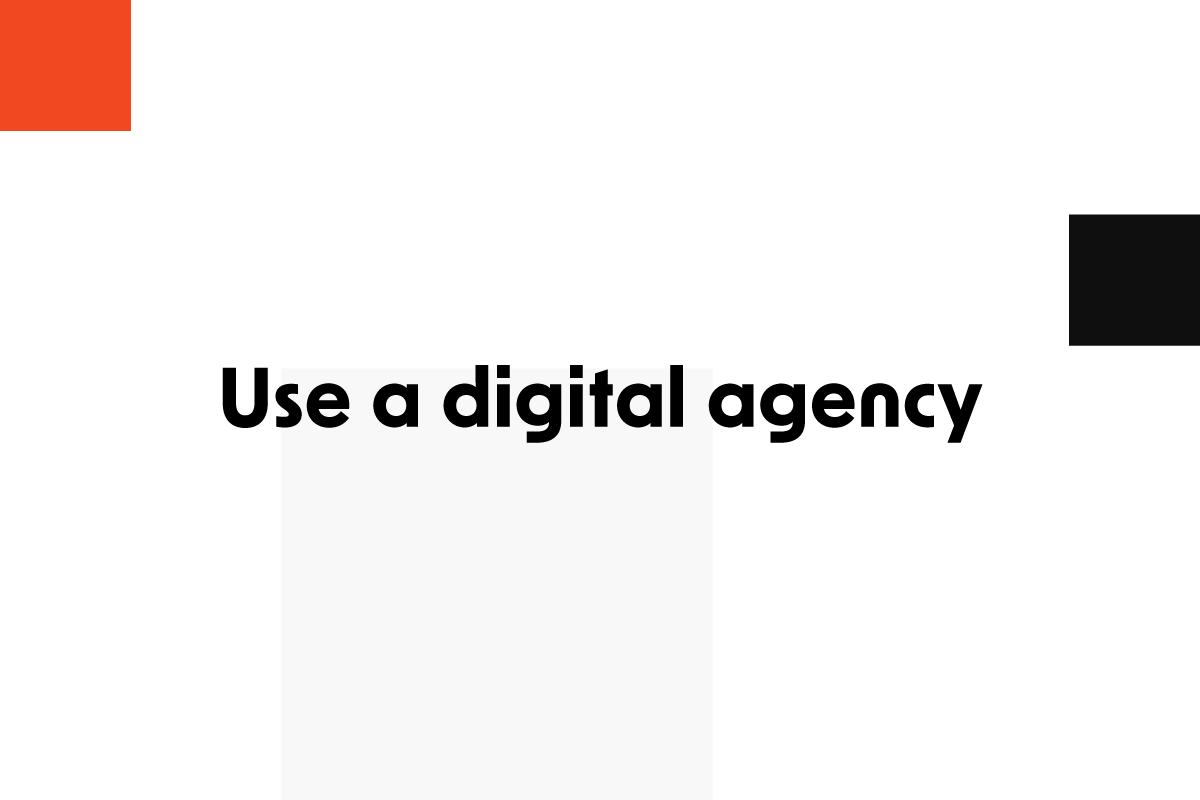
In conclusion, choosing the right advertising platform, allocating your budget effectively, optimizing your ads, testing and monitoring campaigns regularly, and tracking and analyzing campaign performance are essential to maximize your ad spend.
If you want to achieve maximum results from your ad spend, partnering with a digital marketing agency like Dreamtech can help you achieve your goals.
Book a call with one of our specialists today to learn how we can help you grow your business. You can also subscribe to our Instagram, LinkedIn, Pinterest, and Facebook channels to stay up-to-date with the latest insights and strategies.






